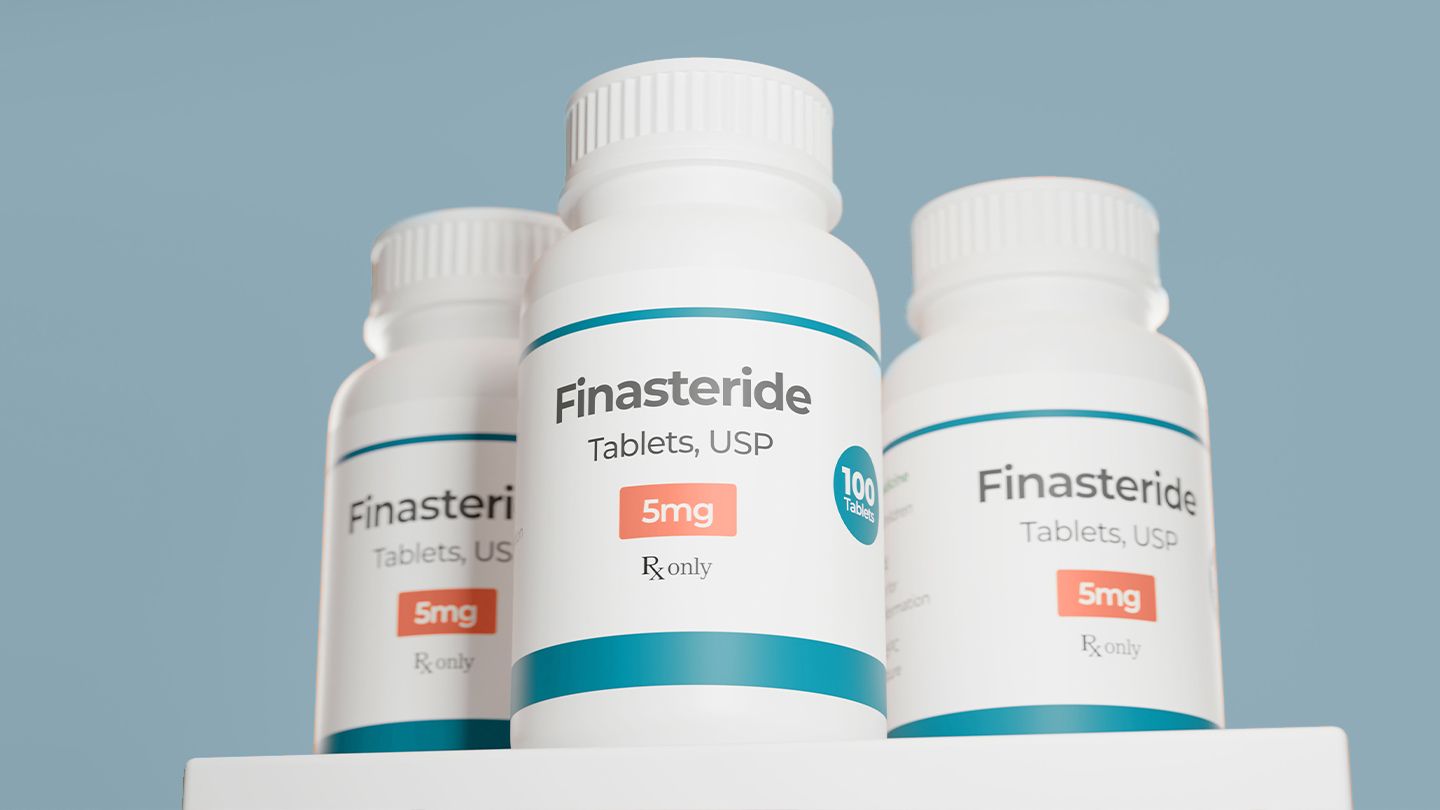A medication used to treat male pattern baldness and enlarged prostate in millions worldwide may have an unexpected benefit when it comes to heart health.
In research conducted at the University of Illinois Urbana-Champaign (UIUC), scientists found that the medication finasteride (sold under the brand names Propecia and Proscar) may cut cholesterol and the overall risk of cardiovascular disease.
Published this week in the Journal of Lipid Research, the scientific paper detailed an association between the drug and lower cholesterol levels in men who took part in the National Health and Nutrition Examination Survey (NHANES) between 2009 and 2016.
In addition, tests conducted in mice revealed that finasteride reduced total plasma cholesterol, delayed atherosclerosis progression, and lowered inflammation in the liver.
“One of the strengths of our paper is that we found similar results in both people and mice,” says the lead study author, Jaume Amengual, PhD, an assistant professor in the department of food science and human nutrition at UIUC’s College of Agricultural, Consumer, and Environmental Sciences. “Based on survey responses, men taking finasteride had cholesterol levels that were 30 points lower than men not taking the drug. More or less, the cholesterol reduction in mice was at a similar degree.”
This latest study supports previous research suggesting that finasteride may improve cardiac function.
Mice and Men Both Saw Benefits From Finasteride
For this analysis, researchers drew on data from 4,800 survey respondents. A total of 155 — all men over 50 — reported using finasteride. Although the authors couldn’t tell how much or how long men in the survey had taken the drug, they thought it likely that they were taking daily doses of 1 milligram (mg) of finasteride for hair loss and 5 mg for enlarged prostate.
In the mouse portion of the study, Dr. Amengual and colleagues administered different levels of finasteride to male mice that were genetically predisposed to atherosclerosis and fed a high-fat, high-cholesterol “Western” diet for 12 weeks.
After the period of three months, the scientists observed that mice given a high dose of finasteride showed lower cholesterol levels within the plasma as well as in the arteries. There were also fewer lipids (fatty compounds) and inflammatory markers in the liver.
How Does Finasteride Work?
Finasteride works by blocking a protein in hair follicles and the prostate gland that activates the sex hormone testosterone.
Amengual suspects that testosterone may play an important role in the development of atherosclerosis (a condition in which plaque builds up on artery walls) because men are more likely to develop this heart disease at an earlier age than women.
If the mouse model in this research translates to people, the findings suggest that by blocking the formation of the active form of testosterone, finasteride reduces cholesterol, decreases inflammation, and lowers the buildup of plaque, according to David J. Maron, MD, the director of preventive cardiology at Stanford University School of Medicine in California.
He adds, however, that the role of testosterone in the development of heart disease is complex and not completely understood.
“There is conflicting evidence that either finds testosterone to be a good actor or a bad one,” says Dr. Maron, who was not involved in the new study.
For instance, while this latest study indicates that testosterone may be harmful to the heart, a 2017 study concluded that low testosterone levels were “clearly associated with poor cardiovascular outcomes.”
The Research Is of Potentially ‘Great Significance’ but With Limitations
To better understand if finasteride may provide a cardiovascular benefit, Brian Choi, MD, a cardiologist and professor of medicine and radiology at George Washington University in Washington, DC, says that controlled trials are needed in which men who are randomized to take finasteride or a placebo are tracked for heart attacks and other cardiovascular events.
“I think it’s a leap too far right now to say that finasteride is definitely protective of the heart,” says Dr. Choi, who was not involved in the study. “At this point, I would not tell a patient to take finasteride to lower cardiovascular risk. This is something we need to study more.”
Maron called the results “an exciting observation of potentially great significance,” but stressed that there is uncertainty in how results of mouse studies translate to humans. Also, the survey data taken from men did not include information about testosterone levels in participants, or about the duration and frequency with which they were taking finasteride.
Additional Research Could Focus on Women and Trans People
Future study may look at how the medication affects women and transgender individuals, according to Amengual.
“Transgender people are also at a higher risk of cardiovascular diseases,” he says. “So this drug could have a potential beneficial effect to prevent cardiovascular disease not only in cis men, but also in transgender individuals.”

